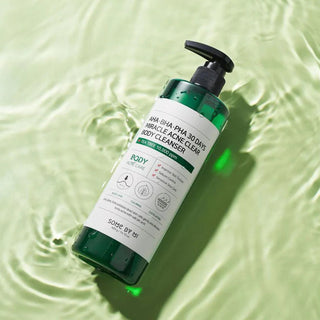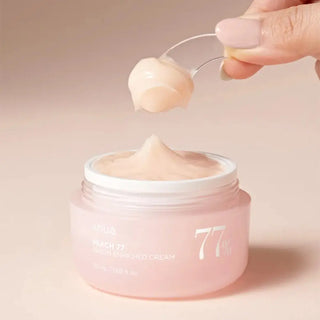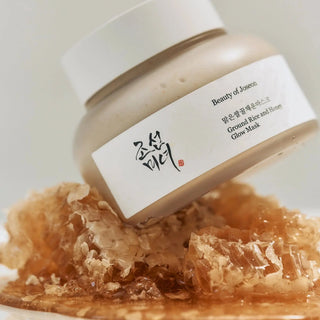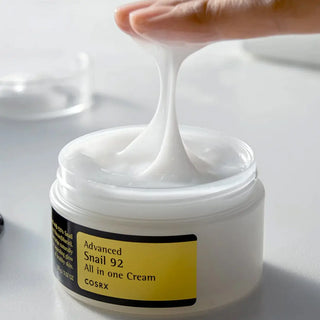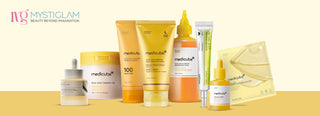Sunscreen is one of the most important skincare products you can use. It protects your skin from harmful UV rays, preventing premature aging, sunburn, and even skin cancer. However, with so many types and formulas available, choosing the best sunscreens can be confusing. Should you go for a mineral or chemical sunscreen? What SPF is best for daily use? How do you pick the right sunscreen for your skin type?
This guide will answer all your questions and help you choose the best sunscreen to keep your skin healthy, protected, and glowing.
Why Sunscreen is Essential for Skin Health
The sun emits two types of harmful rays:
● UVA rays penetrate deep into the skin, causing premature aging, wrinkles, and fine lines.
● UVB rays affect the surface layer of the skin, leading to sunburns and increasing the risk of skin cancer.
Using a broad-spectrum sunscreen ensures protection from both UVA and UVB rays, keeping your skin healthy in the long run.
Common Myths About Sunscreen
Before diving into how to choose the right sunscreen, let’s clear up some common misconceptions:
"I don’t need sunscreen on cloudy days."
Up to 80% of UV rays can penetrate clouds, making sunscreen necessary year-round.
"Darker skin tones don’t need sunscreen."
While melanin provides some natural protection, people with darker skin are still at risk of sun damage and hyperpigmentation.
"Makeup with SPF is enough protection."
SPF in makeup is usually not enough. You’d need to apply a thick layer for it to be effective, which is unrealistic. Always use a dedicated sunscreen.
How to Choose the Best Sunscreens
With so many options available, picking the best sunscreen for your needs can be overwhelming. Here’s what to look for:
1. SPF for Daily Use
SPF (Sun Protection Factor) indicates how well a sunscreen protects against UVB rays. For everyday use, dermatologists recommend at least SPF 30. If you spend long hours outdoors, opt for SPF 50 or higher.
2. Broad-Spectrum Protection
A broad-spectrum sunscreen shields your skin from both UVA and UVB rays. Always check the label to ensure your sunscreen offers complete protection.
3. Water Resistance
If you’re swimming or sweating, choose a water-resistant sunscreen. However, keep in mind that no sunscreen is 100% waterproof, so reapplying every two hours is still necessary.
4. Ingredients to Look For
● For sensitive skin: Choose mineral sunscreens with zinc oxide or titanium dioxide.
● For oily skin: Look for oil-free and non-comedogenic formulas.
● For dry skin: Opt for sunscreens with hydrating ingredients like hyaluronic acid, glycerin, or ceramides.
5. Texture and Formulation
Sunscreens come in different forms, including lotions, creams, gels, sprays, and sticks. Choose one that fits your lifestyle and skin type.
Sunscreen for Different Skin Types
Sunscreen for Oily and Acne-Prone Skin
If you have oily or acne-prone skin, finding the best sunscreen for oily skin is crucial to avoid clogged pores and excess shine.
What to Look For:
● Lightweight, non-greasy, and oil-free formulas.
● Gel-based or matte-finish sunscreens.
● Non-comedogenic labels (won’t clog pores).
Tips for Application:
● Apply a thin layer and let it absorb before layering makeup.
● Look for sunscreens with niacinamide to help control oil production.
● Avoid heavy creams that may feel greasy on the skin.
Sunscreen for Dry and Dehydrated Skin
Dry skin requires a sunscreen that not only protects, but also hydrates. A sunscreen for dry skin should contain moisturizing ingredients to prevent flakiness and tightness.
What to Look For:
● Creamy, hydrating formulas with hyaluronic acid, ceramides, or glycerin.
● Avoid alcohol-based sunscreens that can dry out the skin.
Tips for Application:
● Apply sunscreen after your moisturizer for extra hydration.
● Consider a sunscreen that doubles as a moisturizer to simplify your routine.
● Reapply throughout the day to maintain hydration.
Sunscreen for Sensitive Skin
If your skin is prone to irritation or redness, choosing a sunscreen for sensitive skin is essential to avoid breakouts or allergic reactions.
What to Look For:
● Mineral sunscreens with zinc oxide or titanium dioxide.
● Fragrance-free and hypoallergenic formulas.
● Avoid harsh chemicals like oxybenzone, octinoxate, and parabens.
Tips for Application:
● Always do a patch test before using a new sunscreen.
● Opt for gentle, soothing ingredients like aloe vera or chamomile.
● Choose a lightweight formula that doesn’t feel heavy on the skin.
The Benefits of Broad-Spectrum Sunscreen
Using a broad-spectrum sunscreen comes with several benefits:
- Protects against both UVA (aging) and UVB (burning) rays.
- Helps prevent premature wrinkles, fine lines, and dark spots.
- Reduces the risk of sunburn and skin cancer.
- Helps maintain an even skin tone and prevents hyperpigmentation.
How Much Sunscreen Should You Apply?
To ensure full protection, follow these guidelines:
● Face: Use a nickel-sized amount.
● Body: Apply enough to fill a shot glass (about one ounce).
● Lips: Use an SPF lip balm to protect against sunburn.
● Reapply every two hours, especially after swimming or sweating.
Common Sunscreen Mistakes to Avoid
● Skipping sunscreen on cloudy days: UV rays penetrate clouds, so apply it daily.
● Applying sunscreen only once a day: Reapplication is key for continuous protection.
● Not covering all areas: Don’t forget your ears, neck, and hands!
● Using expired sunscreen: Check expiration dates, as old formulas lose effectiveness.
Final Thoughts: Sunscreen is Non-Negotiable
No matter your skin type, sunscreen should be an essential part of your daily routine. Whether you need a broad-spectrum sunscreen, a sunscreen for sensitive skin, or the best sunscreen for oily skin, the key is consistency.
By understanding how to choose the right sunscreen and using SPF for daily use, you can protect your skin from long-term damage while keeping it healthy and radiant.
Stay protected, stay glowing, and remember—sunscreen is your skin’s best friend!
Protect your skin with the best!
Try AXIS-Y Complete No-Stress Physical Sunscreen 50 mL for gentle, lightweight protection, medicube Collagen Firming Sunscreen 50mL for hydration and anti-aging benefits, or PanOxyl AM Oil Control Moisturizer SPF30 48g (1.7 oz) Mineral Sunscreen for oil control and sun defense. If you're looking for an ultra-light finish, check out COSRX Ultra-Light Invisible Sunscreen SPF50 PA++++ 50mL for invisible, non-greasy coverage.
Try sun protection cream for face for all-day hydration and superior UV defense. Shop now from Mysti Glam and keep your glow protected!


